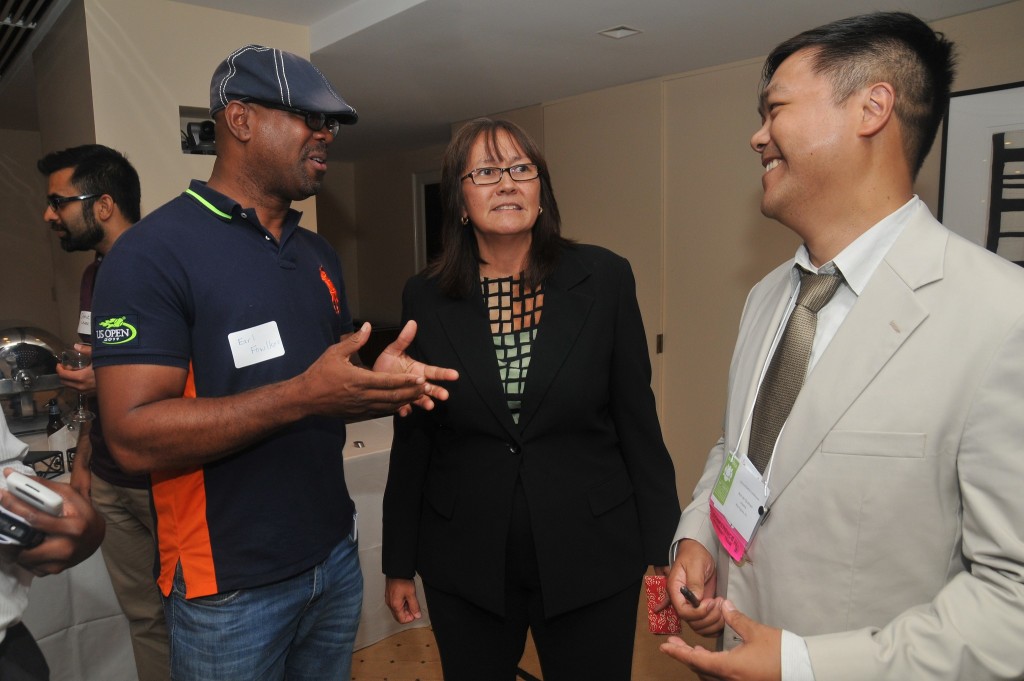Earl Fowlkes has been a long-time advocate on a number of issues at both local and national levels. As the CEO of the Center for Black Equity, he works with over 30 Black Pride events serving 350,000 members of the African American LGBT community around the country annually on a range of issues focusing on Health Equity, Economic Equity, and Social Equity. As a well-respected member of the community, he holds leadership positions and has been on the boards of a number of organizations, and has received numerous awards for his service. As a friend and colleague, he is a valued partner and collaborator on a number of projects we have worked on together over the years to build solidarity among communities of color and LGBT people in Washington, DC and at the national level.
It made all the sense in the world then, for me to approach him to take part in the Diverse Elders Coalition’s work to lift up the voices of elders of color, American Indian/Alaska Native elders, and LGBT elders. As he and I spoke, it became clear that the extensive work he has done on HIV/AIDS issues as an advocate, a service provider, and administrator was a perfect fit for him to talk about that work as we recognize National Black HIV/AIDS Awareness Day (NBHAAD) on February 7th. He has written a powerful piece on “Remembering Our Seniors on National Black HIV/AIDS Awareness Day.” I am pleased that we are able to feature him on our blog. His piece also appears as an Op-Ed in MetroWeekly, a Washington, DC local LGBT newspaper that has covered his exploits for a number of years now.

From L-R: Earl Fowlkes, Hawai`i Supreme Court Justice Sabrina McKenna, DEC National Managing Coordinator Ben de Guzman
His personal story of a friend who tested positive for HIV at age 60 and what that meant to Earl as someone who has been on the front lines of the epidemic for three decades is a powerful reminder of the work that remains in front of us to raise awareness about HIV/AIDS and its impact on our communities. At the Diverse Elders Coalition, our work on HIV seeks not only to raise that awareness through public education efforts such as our HIV Infographic, but to make specific recommendations to policymakers on ways to improve the lives of elders living with HIV and their communities.
His closing words in the article invoke the theme for this year’s NBHAAD as he writes, “On this NBHAAD, remember: we are our brother’s and sister’s keeper, from our teens to our seniors. Let’s fight HIV/AIDS together!” Today, I’m proud to join him in this fight and hope you can join us as well.
The opinions expressed in this article are those of the author and do not necessarily reflect those of the Diverse Elders Coalition.

